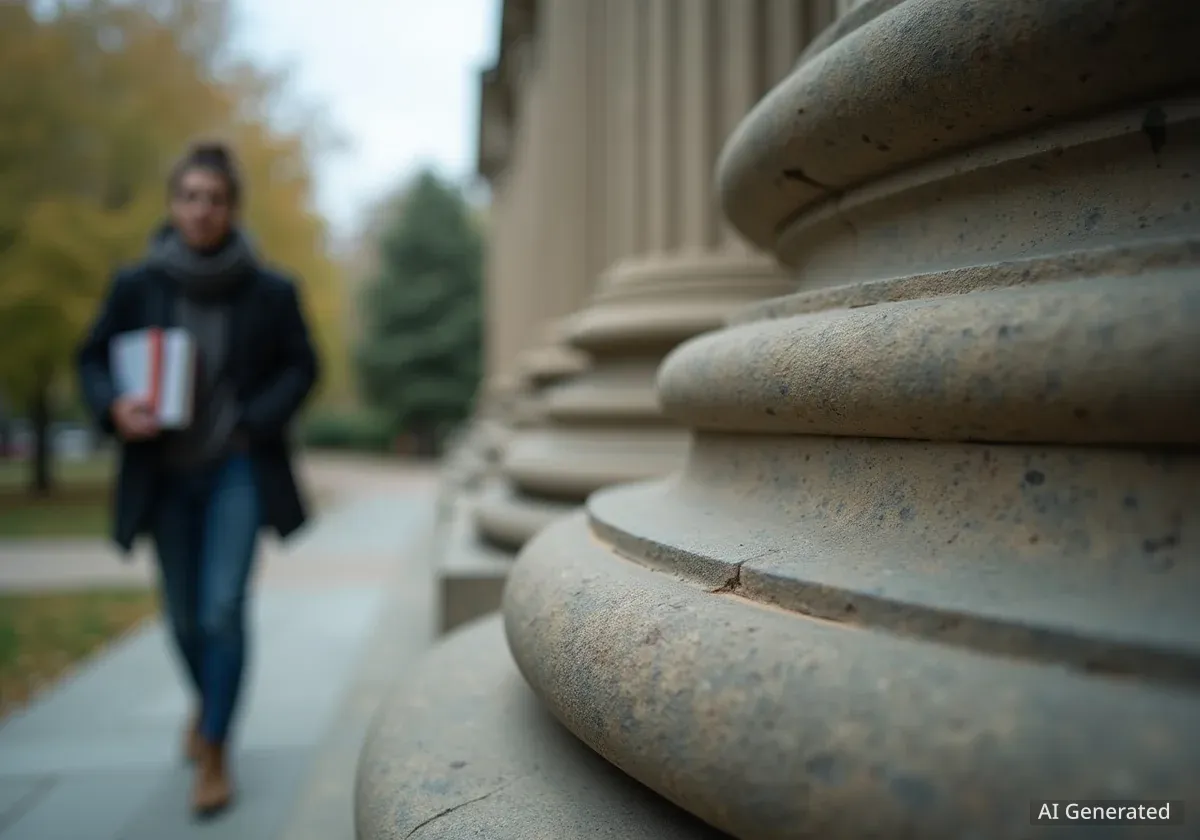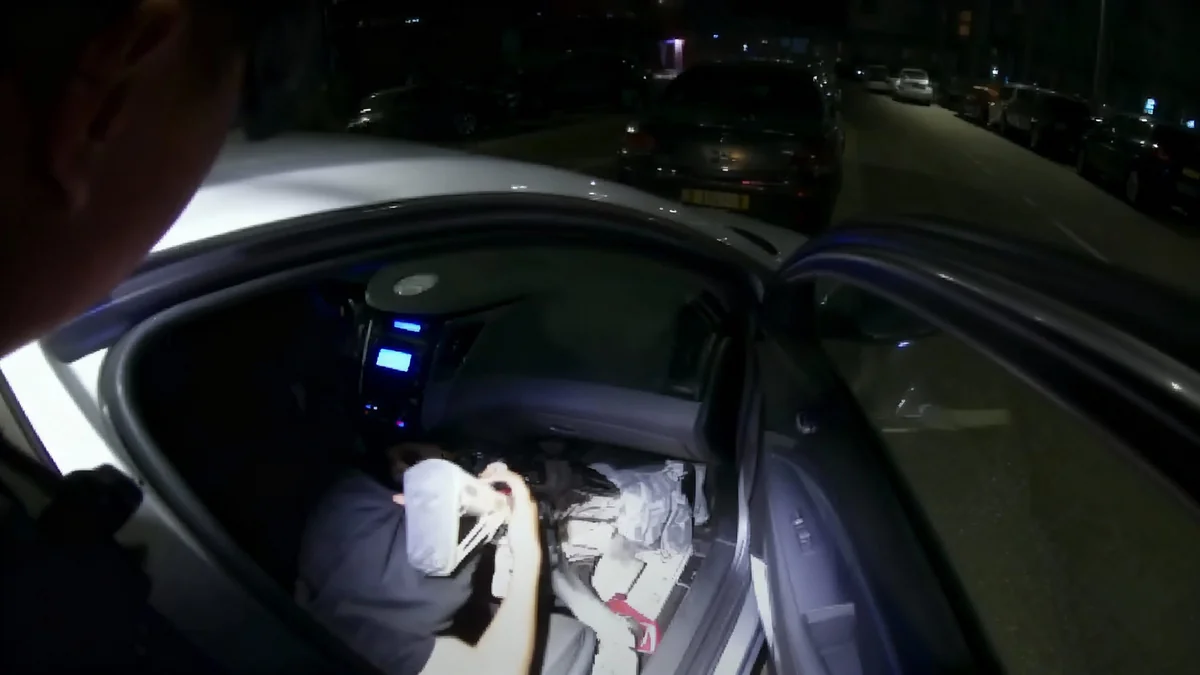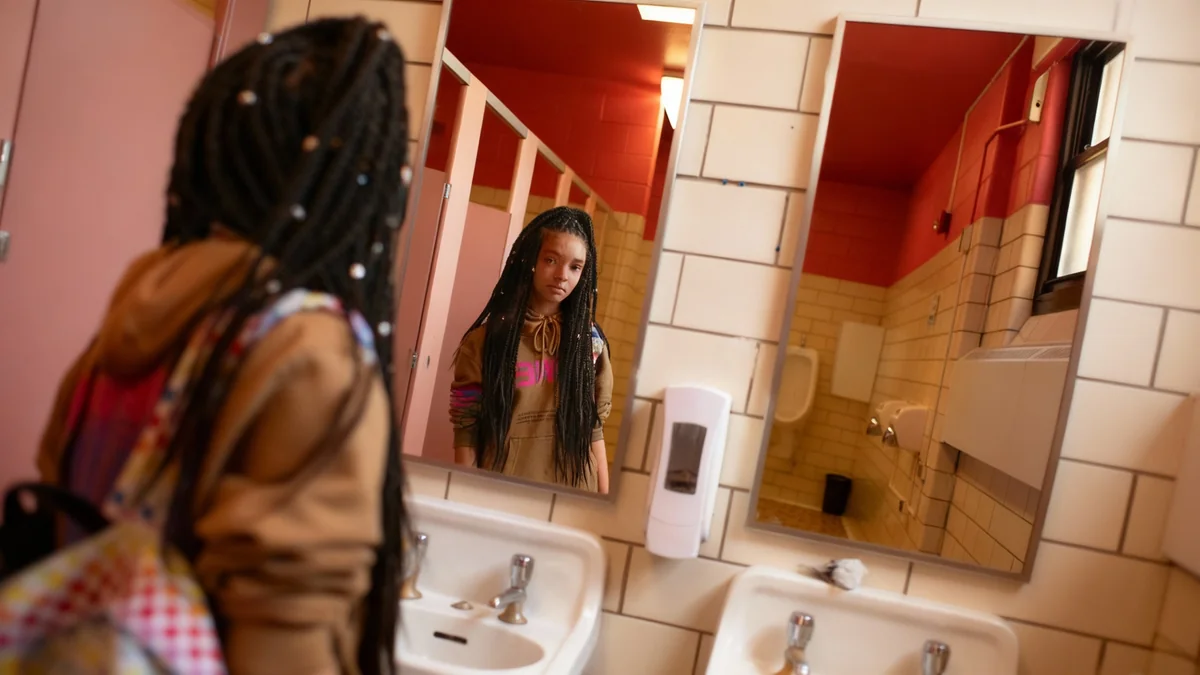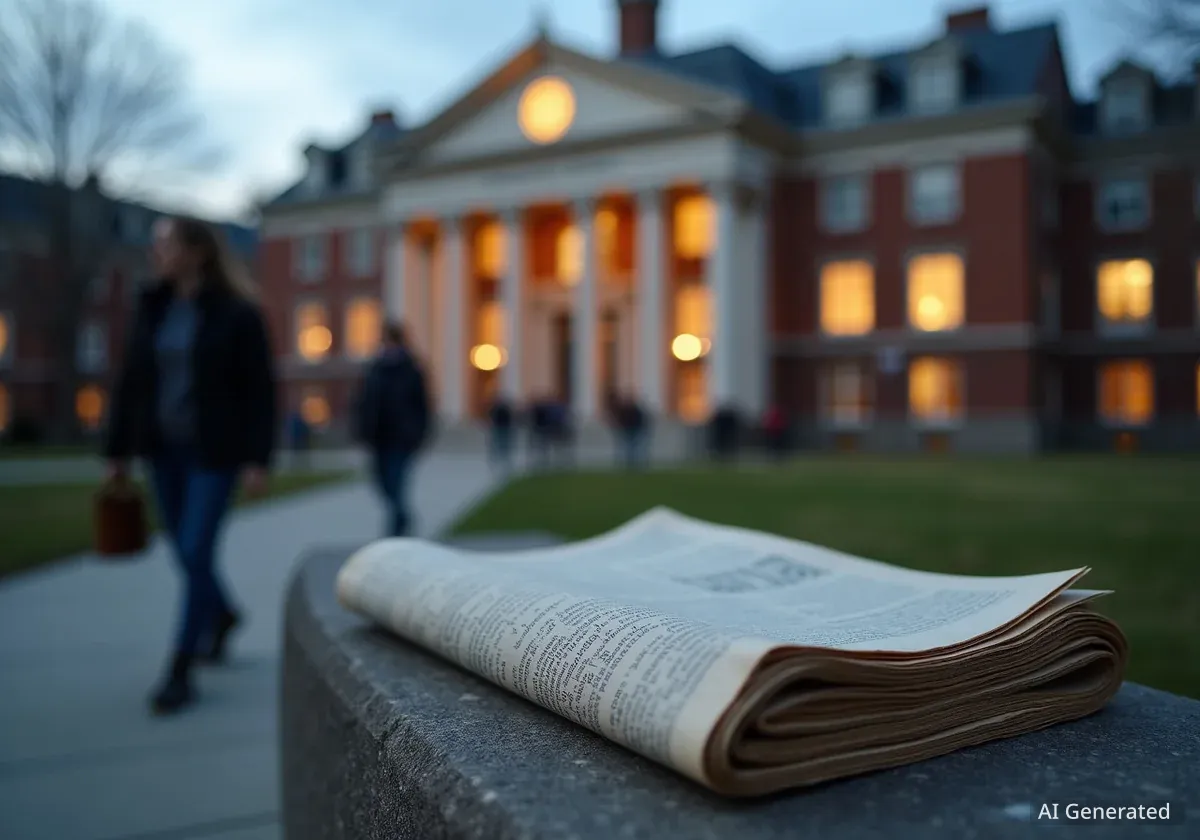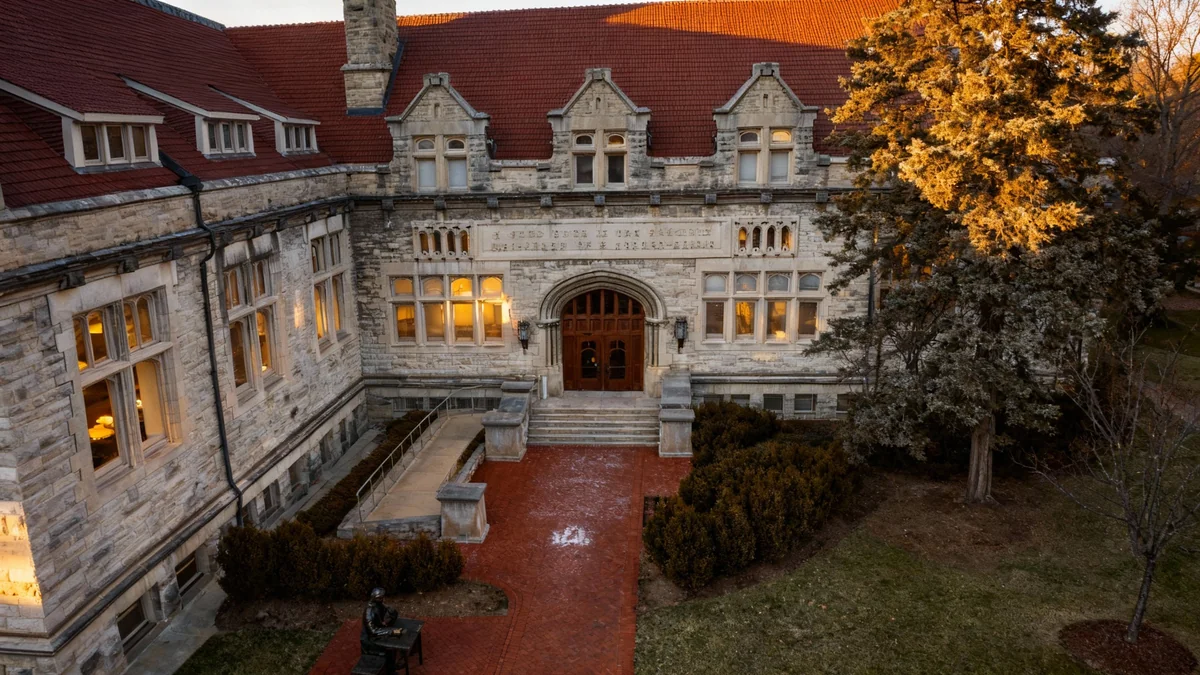Indiana University has terminated its director of student media, Jim Rodenbush, following a significant dispute with university leadership over the editorial independence of the Indiana Daily Student (IDS) newspaper. Student editors and a First Amendment legal expert describe the university's actions as an attempt to control news content, while the university cites financial pressures and a shift toward digital media.
Key Takeaways
- Jim Rodenbush, Indiana University's director of student media, was fired on October 14.
- The termination followed disagreements over the university's demand that the student newspaper's print editions exclude general news coverage.
- Student editors allege the firing is a direct attack on their First Amendment rights and editorial independence.
- The university attributes the changes to a new business plan aimed at addressing a significant financial deficit and prioritizing digital media.
- A legal expert from the Student Press Law Center has labeled the university's attempt to control content as "blatant censorship."
Termination Follows Clash Over Editorial Control
Jim Rodenbush received a letter of termination on October 14 from David Tolchinsky, the Dean of the IU Media School. The letter stated that university leadership had lost trust in Rodenbush's ability to represent the university's interests.
“Your lack of leadership and ability to work in alignment with the University's direction for the Student Media Plan is unacceptable,” Tolchinsky wrote in the letter. It also specified that Rodenbush is not eligible to be rehired by Indiana University.
Rodenbush stated that his dismissal came after a series of meetings where he felt pressured by the Media School administration to enforce a ban on news content in the student newspaper's print editions. According to a charter between the university and the IDS, the director of student media has no authority over editorial content.
Student Editors Allege First Amendment Violations
The student leadership of the Indiana Daily Student has strongly condemned the university's decision. In a joint statement, Editors-in-Chief Mia Hilkowitz and Andrew Miller expressed their alarm over the situation.
"We are alarmed, but not shocked, by this Media School administration’s decision to terminate Jim based on his commitment to defending our First Amendment rights," the editors said. "All Media School and IU students, faculty and staff should be scared by this blatant attack on someone standing up for what’s right."
The editors contend that the administration is attempting to suppress both the publication of news and any discussion about the newspaper's future that might challenge the university's plans.
A History of Independence Concerns
This is not the first time the IDS has faced perceived threats to its independence. Jim Rodenbush was hired in May 2018 after the university accelerated the resignation of his predecessor. At that time, student leaders also described the university's actions as “significant overreaching decisions that are threatening the independence of the IDS.”
University Cites Financial Deficit and Digital Strategy
Indiana University has presented a different rationale for the recent changes. University spokesperson Mark Bode explained that the campus is reallocating resources to favor digital media over print, a move intended to address the newspaper's severe financial problems.
The IDS has struggled with declining print advertising revenue for nearly two decades. By 2021, the newspaper had exhausted its financial reserves, prompting the Media School to permit it to operate at a deficit for three years. By 2024, that deficit had grown to over $500,000.
"Editorial control remains fully with IDS leadership, and the university will continue to work closely with them to ensure the strength, sustainability and independence of student media at IU," Bode said in a statement. The university declined to comment on specific personnel matters.
The Dispute Over "Special Editions"
The central conflict involves the definition and content of the newspaper's print editions. A new business plan, developed by IU leadership, consolidated student media outlets and drastically reduced the IDS print schedule to just a few "special editions" per semester.
Historically, special editions like those for Homecoming or the Little 500 race included both themed content and regular news coverage. However, the administration recently sought to redefine these editions.
According to an October 7 email, Rodenbush relayed guidance from the administration that the print paper should focus exclusively on a special theme, containing "no other news at all, and particularly no traditional front page news coverage."
Legal Expert Calls University Actions "Illegal"
Mike Hiestand, the senior legal counsel at the Student Press Law Center, characterized the university's directive as a clear violation of press freedom. He stated that any attempt by the university to influence what is or is not published is a form of censorship.
"The suggestion that the students have to put out a homecoming edition that is devoid of anything that might resemble news or anything other than talk of the homecoming activities," Hiestand said, "I mean, that's ludicrous and absolutely illegal."
Student Newspaper Vows to Continue Reporting
Despite the administrative pressure and the firing of their adviser, the student editors of the IDS remain defiant. They have pledged to continue their mission of reporting on important issues, even if it puts them at odds with the university administration.
"Dean David Tolchinsky and Associate Dean Galen Calvio have a clear misunderstanding that the Indiana Daily Student, and the Media School, is meant to benefit students — not their own self-interests," Hilkowitz and Miller's statement continued.
They concluded with a promise to their readers: "The Indiana Daily Student will continue fighting for our right to publish and report the hard stories, even if administrators want to stop us."
